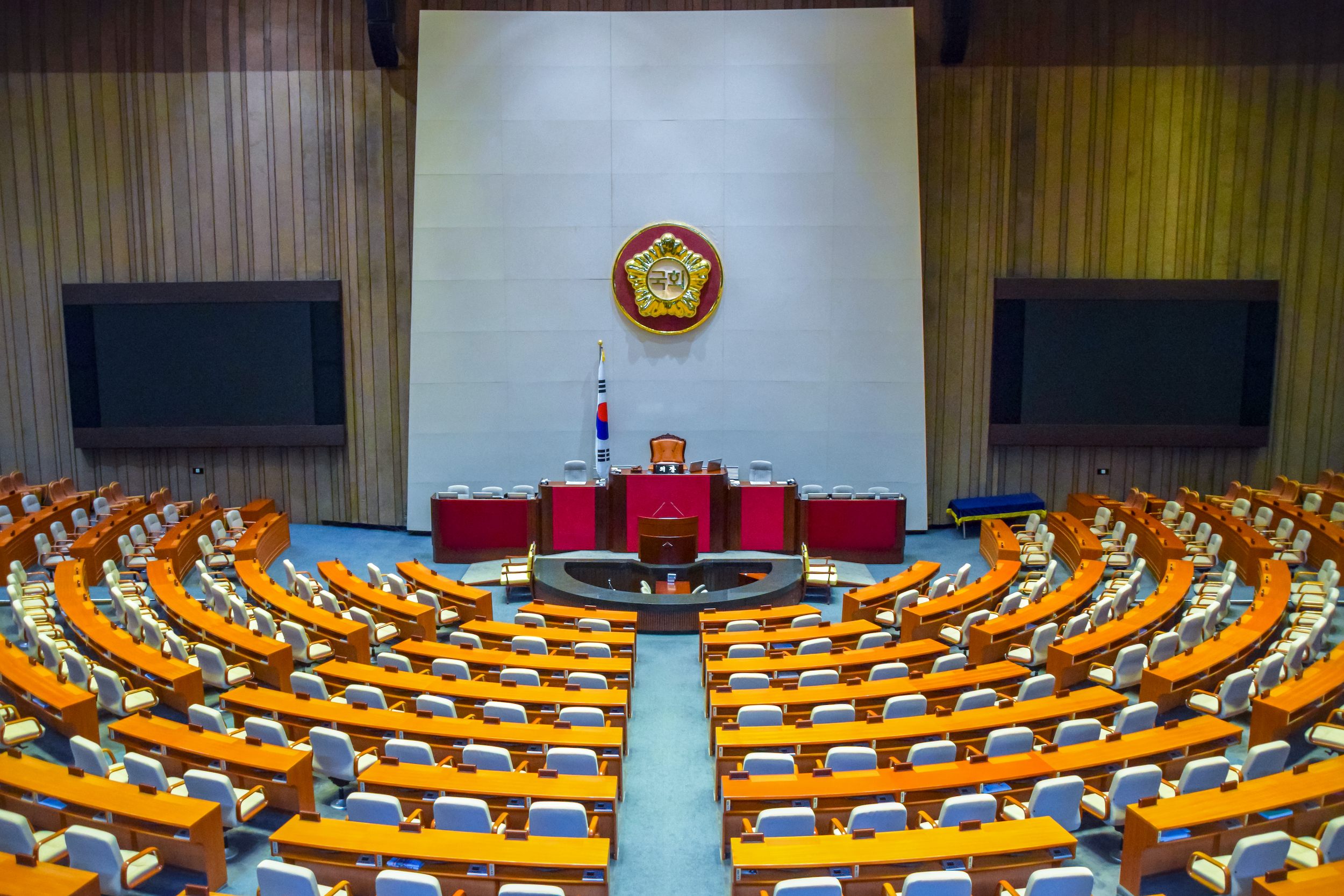While the South Korean government has quashed its plans to introduce a so-called ‘fake news’ law, Greece has become the next country to look to impose such regulations.
Laws which, on the surface at least, are designed to stop the widespread semination of misinformation, have been adopted by many countries. In 2019, PMA reported on the rise of such laws across south-east Asia. The Poynter Institute for Media Studies has compiled its own global database, naming countries which are at some stage in the process of enacting legislation to counter online misinformation. The report – last updated in 2019 – includes 52 countries in total (although a few have exceptions in that their efforts do not “directly target misinformation”).
Such efforts have continued through the pandemic. IPI reported last year that seventeen nations pushed through ‘fake news’ regulations during the outbreak. These measures, while diverse in approach and style, have been of concern to media watchdogs and civil society organisations. It is feared their broad scope and vaguely worded definitions could be used to censor critical reporting and inspire self-censorship by journalists unable to accurately discern red lines. The fear is that these laws go far beyond preventing the spread of misinformation, and severely impinge upon press and journalist freedom.
There has been positive news recently in this space. The South Korean government looked like it was to be the latest to adopt such a rule. Following a backlash, however, it backed down on its controversial proposal.
But the steady spread of these regulations continues to be of concern. The most recent effort is in Greece, where the government is bringing forward amendments which, according to the Media Freedom Rapid Response (MFRR), would “introduce fines and jail sentences for journalists found guilty of publishing ‘fake news’.”
Read more: The rise of “fake news” laws across South East Asia
The MFRR has spoken out against the Greek government’s proposed amendments. “We believe the draft law’s vague definition and punitive sanctions would undermine the freedom of the press and have a chilling effect at a time when independent journalism is already under pressure in Greece. … [T]he passing of heavy-handed legislation by governments which grants regulators or prosecutors the power to decide true from false and levy punitive fines on the press is not the correct response and would result in more harm than good.” In its statement, the MFRR also pointed to the views of the Journalists Union of Athens Daily Newspapers, which is also calling for a withdrawal of the amendment.
PMA is aligned with the MFRR and the Journalists Union in rebuking the measures being considered by the Greek government. Misinformation indeed poses a threat to society, but under the current proposals, it would be press freedom which would suffer, and subsequently the enabling environment required for journalists to inform democracy. It speaks of a larger issue facing many European countries : that governments are becoming less tolerant of – and thereby more restrictive of – a free and independent media, capable of holding authority to account.
Header image: FAKE NEWS as keyboard letters lying on a sea of old keyboard letters. Credit: clue/iStock
Related Posts
8th October 2021
Update: South Korean lawmakers back down on controversial ‘fake news’ bill
The Public Media Alliance welcomes…
6th December 2019
The rise of “fake news” laws across South East Asia
Serious concern as recently enacted…

